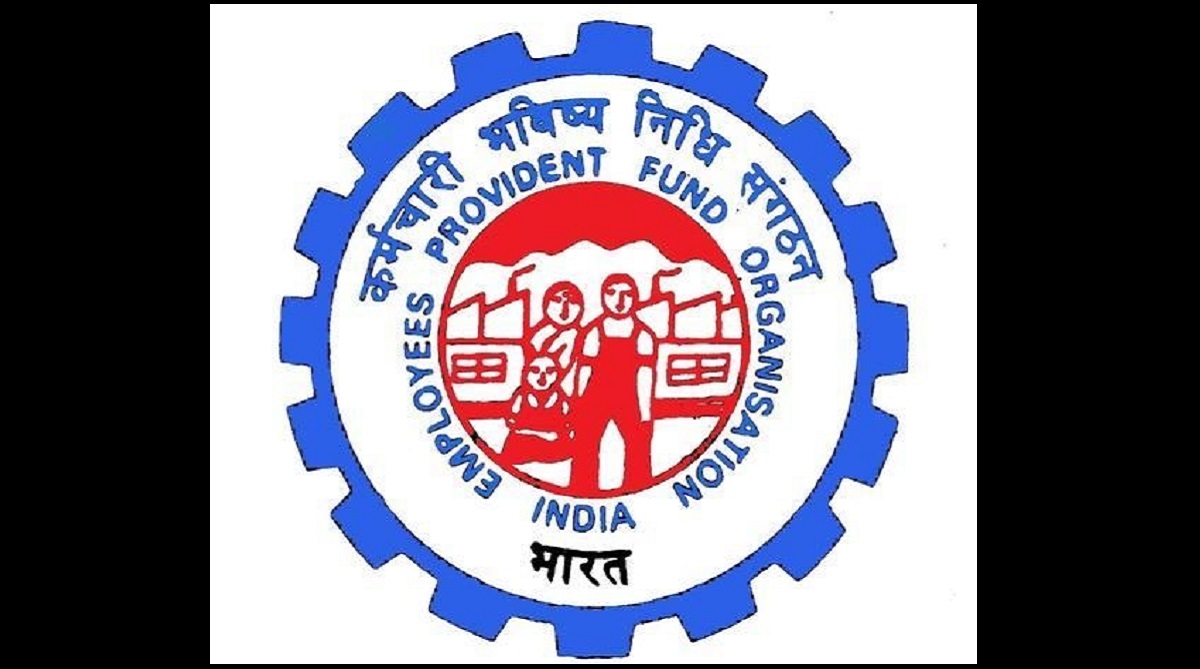Angst usually follows higher taxes, but when the government decides to axe your retirement ‘jama punji’ as we call it, an uproar is what follows. The government seems to have put its foot down with asking for a lion’s share of EPF in taxes. A fund us Indians consider pristine, only to be called out in our sunset years.
In the last budget the government started to creep in on our EPF. First came TDS, it was announced last year that withdrawals before 5 years of more than Rs 30,000 from EPF balance shall be subject to TDS. While that was acceptable since such withdrawals (before 5 years of continous service) are anyways taxable; in the February of this year, government said employees are eligible to withdraw their share of EPF and the interest, however employer’s contribution can only be withdrawn at the age of 58.
- Withdrawals from accumulations uptil 31st March 2016 do not attract any tax if you have been in continuous service of 5 years. This balance is tax free irrespective of when you withdraw it.
- Withdrawals from accumulations starting 1st April 2016 shall be taxed to an extent. 40% shall be tax free and 60% shall be taxed.
- 60% can be tax free too, if invested in annuities.
- Annuity means a product which gives you monthly income. This monthly income is fully taxable when received at prevailing tax rates.
- If the person who has bought the annuity dies, his heir/nominee can receive the entire amount tax free.
- Your employer is liable to contribute 12% of your salary to EPF. If your employer is contributing more than Rs 1,50,000 per annum; such excess shall be taxed in your hands like salary.
Why tax on EPF is a poor strategy
EPF has hitherto been India’s most loved product. It lets a portion of your before tax salary, stay invested in a secure avenue. A ‘deduction’ from our take home we happily live with. Assuming it to come to our rescue at retirement. For the most laid back salaried taxpayer who has little time to look for an option to invest, this makes a good choice.
- EPF balances are similar to social security for us Indians. Nothing provides for our retirement like EPF does.
- Annuity markets in India are under developed and poorly understood and therefore unpopular.
- Forcing people to invest in an annuity takes away the choice available to a retired person, to invest his accumulation the way he likes. Many of the retired folks intend to buy a house or make another investment of their choice.
- While the economy does not suffer – since the amount stays invested in one of the two products (EPF or annuity), its poor economics for an individual who must bear higher taxes if he is not ok with investing in an annuity.
- You can claim a deduction in your tax return under section 80CCD(2) of a max of 10% of salary if your employer contributes to your NPS account. There are no tax benefits on employer’s contribution to your EPF. How can then we say the two products have been brought at par.
What are the government’s reasons?
The government has claimed this move is intended to create a pension driven society. This move they explain helps put both NPS and EPF in the same realm of products, and offers a choice to the taxpayer.
How does EPF compete with NPS?
If the government goes through with its current proposal, taxpayers may be faced with a tough choice of choosing EPF or NPS.
At the outset, NPS has an edge, it can invest its funds in equities which give favourable returns over a longer term. NPS also allows subscribers to choose how they’d like their debt/equity mix to be. So returns on NPS are market linked to an extent. While EPF is largely a debt product and its returns are expected to be lower than that of an NPS in the long term. If asked to choose between the two, our recommendation would be NPS. However, until there is further clarification, we suggest you wait it out.

